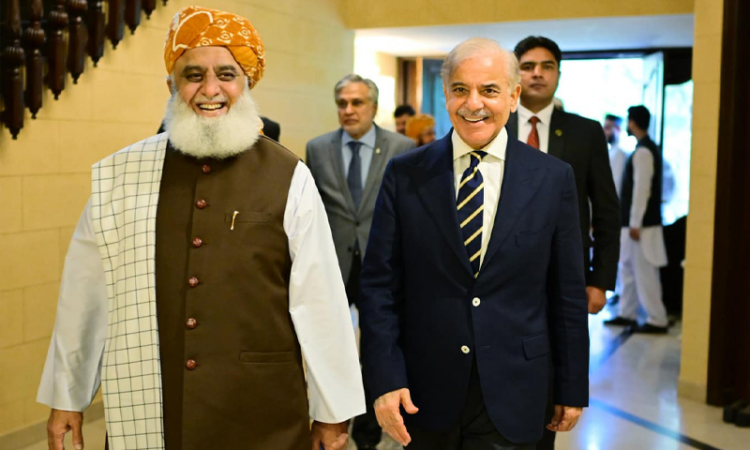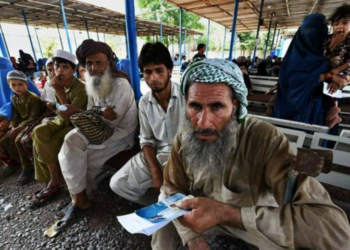Islamabad, December 27, 2024: The federal cabinet, led by Prime Minister Shehbaz Sharif, has approved the issuance of an ordinance for the registration of madrassahs, addressing the demands of Jamiat Ulema-e-Islam (F) chief Maulana Fazlur Rehman. The cabinet also approved amendments to the Income Tax Ordinance, imposing higher taxes on bank profits.
During the meeting, the cabinet reviewed the nation’s overall political and economic situation. This decision follows the consistent demands from the Ittehad Tanzeemat Madaris-e-Deeniya (ITMD), which had urged the immediate gazette notification of the Madrassah Registration Act.
On December 16, ITMD highlighted that the madrassah bill, already enacted, should be gazetted without delay. At a press conference alongside Maulana Fazlur Rehman, Mufti Muneeb-ur-Rehman revealed that ITMD’s Supreme Council convened at Jamia Usmania, Islamabad, to deliberate on the issue.
The council noted that the “Societies Registration (Amendment) Act 2024” was approved by both houses of Parliament in October and sent to the President for final approval. Although the President raised objections, the Speaker of the National Assembly rectified a clerical error and resubmitted the bill. With no further objections within the constitutional time frame, the bill automatically became law.
Mufti Muneeb-ur-Rehman emphasized the urgency of issuing the gazette notification to enforce the law. He also warned of further consultations and actions if the government did not comply.
Madrassah Registration Bill Highlights
The “Societies Registration (Amendment) Act 2024” outlines mandatory registration for all madrassahs under the amended Section 21 of the 1860 Societies Registration Act. Key provisions include:
- Mandatory Registration: Existing madrassahs must register within six months, while new ones have one year to comply.
- Annual Reporting: Madrassahs must submit educational activity and financial audit reports to the registrar.
- Prohibited Literature: Madrassahs cannot teach or publish material promoting militancy, sectarianism, or hate speech. However, comparative studies of religions, Islamic jurisprudence, and Quran








